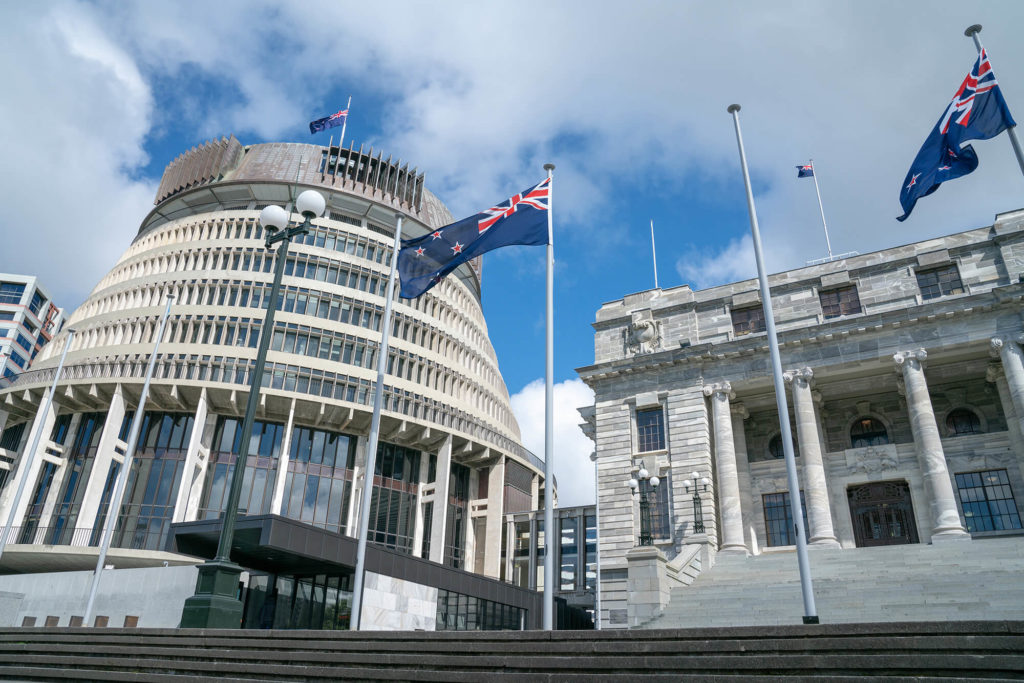Family First Media Release 16 February 2021
Official advice to the Minister and Associate Minister of Health regarding ‘conversion therapy’ has revealed that a ban is not recommended.
Official Information Act requests show that in 2018, Associate Minister of Health and Green MP Julie Anne Genter was advised by the Ministry of Health:
“Due to the current protections that are in place, and the need to balance the rights of people with preventing harm, it is not recommended that a legislative ban of conversion therapy would be the most effective way to reduce the harm it causes…”
The ministerial advice also notes that people have the freedom to willingly engage in the practice, that protections already exist in the health sector, and that a ban “could be inconsistent” with the NZ Bill of Rights Act 1990 “which provides for rights of assembly, free speech and rights to freedom of religion”.
This advice is consistent with the legal opinion recently released from Grant Illingworth QC based on a Labour MP’s private members bill which was in the ballot last year. The opinion says that if a person wanted to align their sexuality with the teachings and values of their particular faith – be it Muslim or Christian, Jewish or Sikh – and sought help to do so from a minister, imam or other faith leader, a ban would make it virtually impossible to access the support they wanted. Furthermore, if they were able to find someone prepared to provide counselling of that kind, they could well cause that person to become implicated in a criminal offence.
In 2019, the Justice Select Committee, consisting of MPs from Labour and National, considered two petitions wanting to ban ‘conversion therapy’. In their report, they rightly declined to support such a ban, stating:
“The Bill of Rights Act affirms, protects, and promotes human rights and fundamental freedoms in New Zealand. It allows all New Zealanders to live free from discrimination, including in relation to their sexual orientation. New Zealanders also have the right to freedom of religion. This protects those who offer and seek out conversion therapy because of their religious views.”
Significantly, the Select Committee report made no reference to this Ministry of Health ministerial advice. Was this advice withheld from the committee?
A nationwide poll has found that there is widespread opposition to the legal effects of a ‘conversion therapy’ ban. 81% of respondents said they believed a person should be able to seek counselling support to determine their own direction. 81% said that it should not be a crime for a parent to affirm to their daughter that she’s a girl or to their son that he’s a boy. And just 16% think it should be a crime for a faith leader to teach a Biblical or Koran view of sexuality, and of gender being determined at birth.
All New Zealanders should be protected from coercive, abusive or involuntary psychological or spiritual practices. However, participation in psychological assessments, counselling sessions, prayer meetings and other therapeutic practices is almost always an expression of voluntary behaviour and personal freedom.
Under this proposed ban, people would be prevented from getting help to live the lifestyle they choose – if that lifestyle is heterosexual or based on their biological sex. While gender and sexuality is supposedly ‘fluid’, activists want the law to stipulate that it can only go in the direction they approve.
Banning practices which bring about positive change for people in pain, changes they genuinely desire for themselves, would be the real crime.

